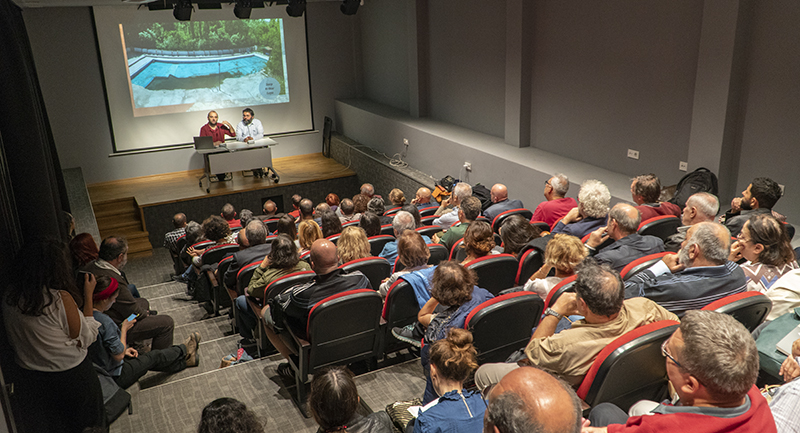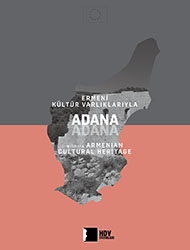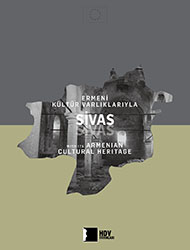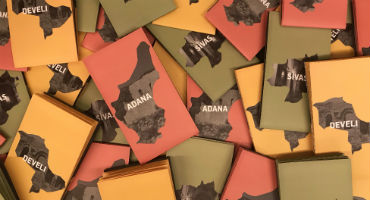Hrant Dink Foundation's two year research on the cultural heritage of Kayseri's Develi (Everek-Fenesse) district and Sivas and Adana provinces was published as three separate books. The books contain stories of the cities and buildings, history timelines, cultural heritage inventories, oral history narratives that were collected locally, memoires, memory tours that trace the Armenian and other communities' history and discussions concerning the relationship between cultural heritage and natural heritage. Supported by the European Union Delegation in Turkey and Chrest Foundation, the research was carried out with the help of scholars, researchers, local authorities and the civil society. The books were introduced in the Havak Hall.
Video is in Turkish
Develi with its Armenian Cultural Heritage
The Develi district of Kayseri, primarily Everek and Fenese, as one of the rare cities of Anatolia in which Armenians had lived as a community in the Republican era, was composed of Armenian, Greek and Muslim neighborhoods. The community, having a long established history aside from its churches and schools, had gained economic development, then lost everything in 1915 but afterwards suceeded partial rebuilding and maintained its life as a community. Nevertheless, it wouldn’t be wrong to say that today it is completely vanished. With the help of the information gathered from the oral history interviews, the book features a chapter which sheds light on the history of the Develi Armenians during the republican era and also on the story of the last Armenian house. Moreover the book features the translation of the memoir of one of the Develi Armenians Hagop Arzumayan that he penned in 1935 and also the translation of the article written by Jack Der Sarkissian which tells the transformations that took place within the Develi Armenian community during late 19th and early 20th century.
Adana with its Armenian Cultural Heritage
Adana book starts with a local chronology, continues with the results of the cultural heritage and features an inventory which consists of the information about 163 structures. Presenting information on the cultural heritage structures over a large time span, the book focuses on the transformations that took place from Byzantine era to Cilicia, from the Cukurova Valley of 19th century to the republican Adana, and includes a memory tour which traces the multicultural period of Adana city centre. The book also includes a section which discusses the possibilities of reuse by addressing the Nuri Has Passage, which was formerly known as Apkaryan School, and the relation of cultural heritage and ancient production basins with the contribution of experts from Doğa Association.
Sivas with its Armenian Cultural Heritage
Sivas book starts with a local chronology, continues with the results of the cultural heritage and features an inventory which consists of the information about 430 structures. The book gives information about the cultural heritage structures which has temporal, geographic and structural diversity. On the one hand, the book shows Sivas as a whole and on the other hand addresses the particularities of each region. It also features a memory tour for Sivas city centre which traces the memory of Armenians and the other groups that are on the verge of disappearance. One of the chapters is dedicated to telling the modernization period of the city which started in mid-19th century and to giving information about the Armenian schools at the city center. The last chapter discusses the possibilities for the reuse of the Tavra Surp Sarkis Church which is located in a proximate distance to the Sivas centre. Moreover, with the contributions of the experts from Doğa Association, the last chapter addresses the relationship of the ancient production basins and the cultural heritage of Divriği.
The books can be acquired for free from the Hrant Dink Foundation. To order the books from outside Istanbul you can reach us by emailing This email address is being protected from spambots. You need JavaScript enabled to view it. or calling +90 212 2403361.





